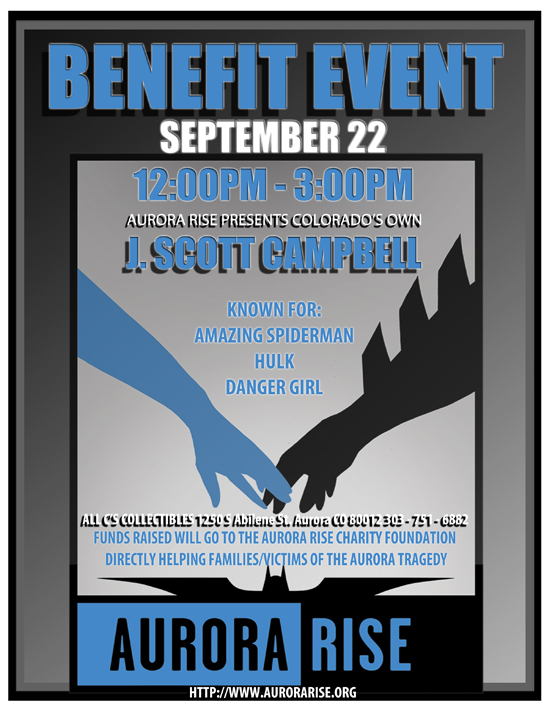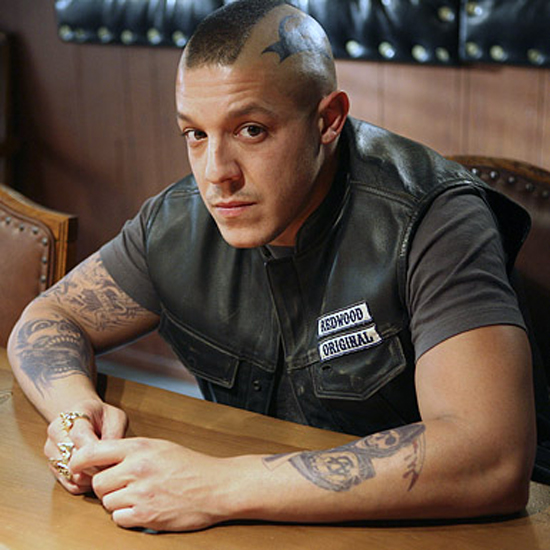by Steven Whitney
When traveling throughout the world, one learns a lot about the Dream of America by talking with whomever one meets along the way – taxi drivers, shopkeepers, writers and artists, students, and ordinary men and women with or without agendas of their own…almost anyone except the country’s elite and politicians.
Berlin, 1996
In the mid-80s, Berlin was a shadowed city within a divided nation, split into East and West by a concrete barricade that cut off all unauthorized passage between the two sectors. Actually two barriers about 50 yards apart, with manned guard towers overlooking what became known as “the death strip” in-between, the Berlin Wall put a punishing halt to the mass defections from the Eastern Bloc and became a global symbol of entrapment and oppression.
Standing at Checkpoint Charlie, looking from the American zone to the Soviet sector, drab residential buildings and factories filled the bleak landscape. Soviet tanks and the Stasi – arguably the most intrusive and repressive secret police of its time – prowled the streets under dark clouds spewed forth by gigantic industrial smokestacks, adding to an almost palpable sense of imprisonment.
Ten years later, with both the Wall and the USSR antiquities of a vanquished era, the united Berlin was a bustling metropolis determined to become one of the greatest and most sophisticated cities in the world. No expense was spared, no architectural or cultural plan was too extravagant. Giant cranes dotted the landscape like oil rigs on the west Texas plain. Berlin had become a modern “boom town.”
Yet several hundred miles south, the Bosnian conflict had become a sordid battleground of “ethnic cleansing.” Refugees from both sides fled north, and the Germans – a people imprisoned within their own walls for decades – took them in.
I was in Berlin to write a television film involving the journey of two families – one Christian, one Muslim – from the corpse-littered streets of Sarajevo to the German border. These were people who had left everything behind, families that had lost brothers and sisters, husbands and wives, and even children to the hatred of racial and religious persecution. They arrived in Germany without money, water, and food, possessing only the clothes they wore.
For research, I spent two days at one of the largest camps. Fenced in on multiple acres of flat, dry farmland, the refugees lived in tents erected by the government and guarded by UN forces. They were provided with basic medical care, immigration assistance, language classes, and small daily rations of food, water, and wine. And each day, more and more refugees arrived – hungry, sick, and weak from their desperate flights – until the camp resembled an overcrowded ghetto.
By the time I visited, literally tens of thousands or people were cramped into this makeshift Tent City. Yet I heard few complaints. Even fewer fights broke out. Bitterness and recrimination had for the most part evaporated in this netherworld of safe harbor. They were no longer Muslims and Christians torn apart by separate and warring ideologies, but survivors entwined by the brutal migration north.
I went from tent to tent, accompanied by translators. At each, I was invited inside and offered food and drink so I could more comfortably listen to the stories they wanted the world to hear. Their last portion of meat or wine, whatever they had left, was tendered. A few families had been in residence long enough to make Bosnian moonshine…and that was offered as well.
It struck me that in the aftermath of unimaginable horror, these people offered me everything they had left in the world. I was their guest and all their hardships would not deter them from being gracious hosts. Never before nor since has anyone ever offered me everything he or she had. It speaks to the overwhelming generosity of the impoverished and their inherent goodness.
We talked about their journeys, their hopes, and their imagined futures. When I asked each of them the key to their ongoing survival in the face of such devastating loss, they all replied with the same sentiment: “You must let go of hatred and forgive your enemies.”
They had many different questions about my own homeland, but the one thing they all wanted to know was this: did we truly practice religious freedom here?
I recited to them our First Amendment and it perfectly fulfilled their dream of America – a land where people of all religions are free to practice their beliefs without fear of bloodshed and discrimination…a nation where they could worship whatever they held sacred both in peace and in harmony with others.
I did not tell them that many people wanted to officially sanction the United States as a Christian Nation, just like the warlords in Bosnia sought to make that country either a Christian or Muslim nation. Some things are better left unsaid for dreams to soar undisturbed.
South Africa, 2001
I was reminded of the Bosnian camp when I flew to a country that for most of my life had been held in the strangling grip of apartheid, a rogue nation in which the majority was brutally held under the cruel thumb of a racist minority.
When the changeover finally occurred, most people throughout the world expected rivers of blood to flow in the streets – payback for a pitiless regime of torture, murder, and almost unimaginable repression. But for the country to succeed, national and racial unity was mandatory, so outside of a few isolated incidents, calmer heads prevailed and violence never went viral.
In the new South Africa, Nelson Mandela and Bishop Desmond Tutu led their people – black and white – to a peaceful aftermath of a startling and long overdue revolution by putting into play the transformative power of forgiveness. They even convened “Forgiveness Trials” under the newly created Truth and Reconciliation Commission in which victims and perpetrators alike bore witness to gross violations of human rights and amnesty was granted in cases of true repentance.
Was justice done?
Justice is always somewhat immeasurable. But a just country was born and sustained that otherwise would have faltered – old resentments and hatreds were put to the side and the awful cloak of “victimization” was avoided. Once again, harmony was achieved through simple and multiple acts of forgiveness.
And, too, wherever I went – from Johannesburg to Cape Town – both white and black South Africans talked openly about the benefits accrued by the national policy of forgiveness.
In times like ours, when senseless and widespread violence can be sparked at a moment’s notice over what seems to many the most trivial of slights, as happened last week, it’s important for those of all religions, cultures, and nationalities to appreciate the potential of forgiveness in bridging an oft times considerable communication gap to saner and more human understanding.
Sometimes, it is true – what is invisible to the eye is essential to the heart…and to a better life for the global community.
Related Posts:
Modest Solutions To Voter Suppression
Character. . . And The RNC
The Do-Damage Congress: Who’s Responsible?
Worse Than A Do Nothing Congress
Forget The Barbeque On Labor Day – It’s Time To Take Care Of Business
Chicken Shits: The Slippery Slopes of Chick-fil-A
The Vagina Solution
Fighting Back Part 4: The Big Liar, Intimidation And Revenge
Fighting Back Part 3: Fighting Fire With Fire
When The Past Is Prologue
Fighting Back Part 2: Defining Rovian Politics
Fighting Back
The Electoral Scam
Being Fair
Occupy Reality
Giving. . . And Taking Back
A Tale Of Two Grovers
A Last Pitch For Truth
America: Forget it, Jake. It’s Chinatown.
Gotcha!




























